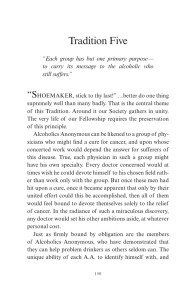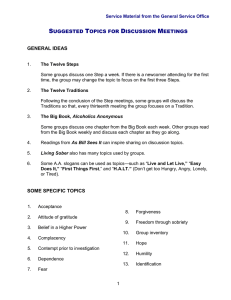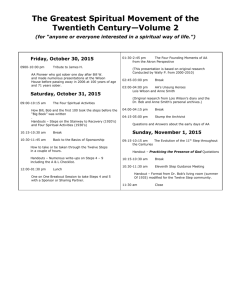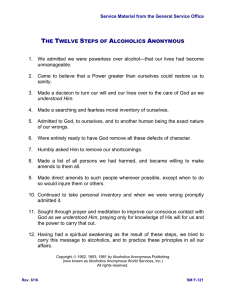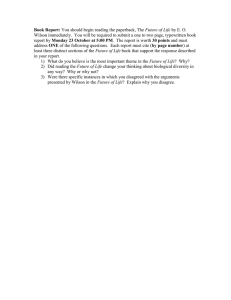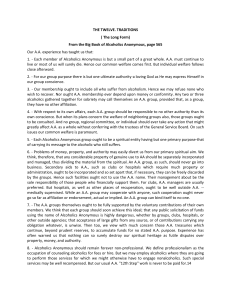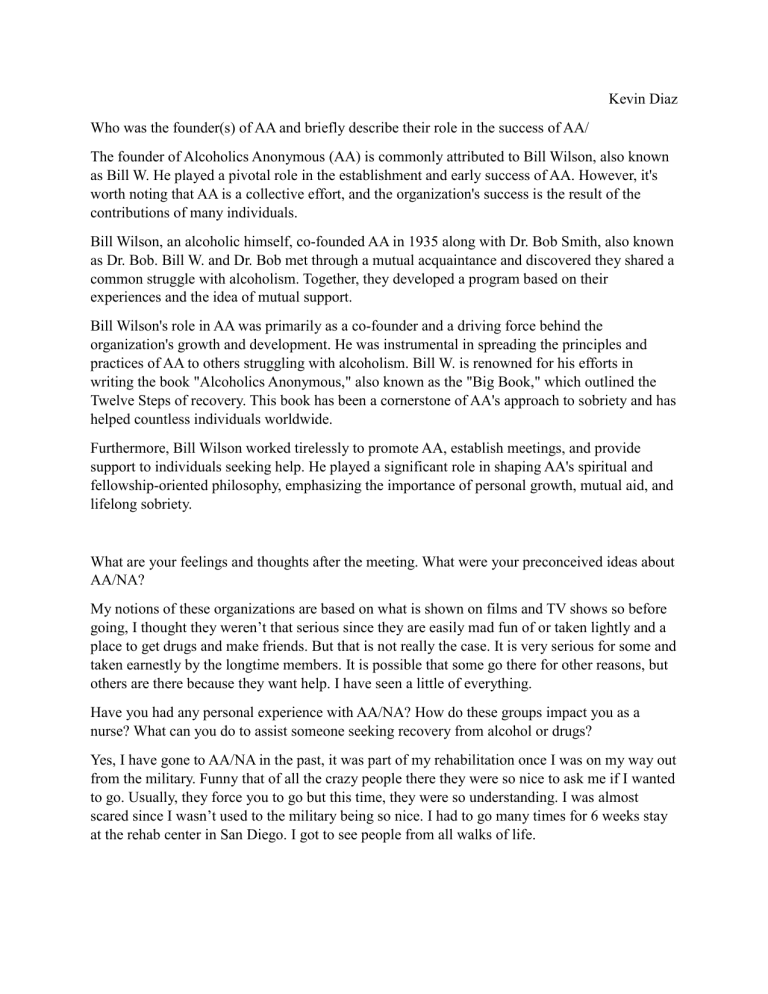
Kevin Diaz Who was the founder(s) of AA and briefly describe their role in the success of AA/ The founder of Alcoholics Anonymous (AA) is commonly attributed to Bill Wilson, also known as Bill W. He played a pivotal role in the establishment and early success of AA. However, it's worth noting that AA is a collective effort, and the organization's success is the result of the contributions of many individuals. Bill Wilson, an alcoholic himself, co-founded AA in 1935 along with Dr. Bob Smith, also known as Dr. Bob. Bill W. and Dr. Bob met through a mutual acquaintance and discovered they shared a common struggle with alcoholism. Together, they developed a program based on their experiences and the idea of mutual support. Bill Wilson's role in AA was primarily as a co-founder and a driving force behind the organization's growth and development. He was instrumental in spreading the principles and practices of AA to others struggling with alcoholism. Bill W. is renowned for his efforts in writing the book "Alcoholics Anonymous," also known as the "Big Book," which outlined the Twelve Steps of recovery. This book has been a cornerstone of AA's approach to sobriety and has helped countless individuals worldwide. Furthermore, Bill Wilson worked tirelessly to promote AA, establish meetings, and provide support to individuals seeking help. He played a significant role in shaping AA's spiritual and fellowship-oriented philosophy, emphasizing the importance of personal growth, mutual aid, and lifelong sobriety. What are your feelings and thoughts after the meeting. What were your preconceived ideas about AA/NA? My notions of these organizations are based on what is shown on films and TV shows so before going, I thought they weren’t that serious since they are easily mad fun of or taken lightly and a place to get drugs and make friends. But that is not really the case. It is very serious for some and taken earnestly by the longtime members. It is possible that some go there for other reasons, but others are there because they want help. I have seen a little of everything. Have you had any personal experience with AA/NA? How do these groups impact you as a nurse? What can you do to assist someone seeking recovery from alcohol or drugs? Yes, I have gone to AA/NA in the past, it was part of my rehabilitation once I was on my way out from the military. Funny that of all the crazy people there they were so nice to ask me if I wanted to go. Usually, they force you to go but this time, they were so understanding. I was almost scared since I wasn’t used to the military being so nice. I had to go many times for 6 weeks stay at the rehab center in San Diego. I got to see people from all walks of life. Name 3 AA steps and describe what their significance is to the group and why they are important. Admitting that you do not have control over your habits like drugs and alcohol is important to take your first step in recovery. Making amends with others that you have wronged is important because addiction affects others, not just ourselves. The last step is to help others because you must pay it forward like others did for you. That’s how the cycle works. What is the 7th tradition and why is it important to the AA membership. The Seventh Tradition in Alcoholics Anonymous (AA) states, "Every A.A. group ought to be fully self-supporting, declining outside contributions." This tradition highlights the principle of self-support and financial responsibility within AA. By relying solely on contributions from AA members, the organization maintains its autonomy and independence. This ensures that AA remains free from outside influences, including financial dependencies that could compromise its primary purpose of helping individuals achieve sobriety. List 3 roles an AA member may have in their organization. 1. Member: Every individual who attends AA meetings and participates in the program is considered a member. Members actively engage in the Twelve Steps, share their experiences, provide support, and offer guidance to newcomers. 2. Sponsor: A sponsor is an experienced member who guides and supports a newcomer or less experienced member through the Twelve Steps and the recovery process. Sponsors share their own experiences, provide encouragement, and help newcomers navigate challenges. 3. Group Chairperson: In an AA group, a chairperson is responsible for leading the meetings and ensuring they run smoothly. They may open and close the meeting, introduce speakers or discussion topics, and facilitate the sharing and participation of members.
